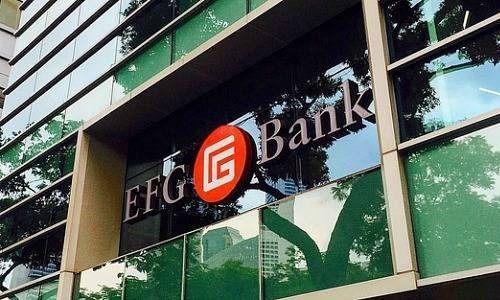A sum of approximately 3.7 million dollars was agreed to be paid by EFG International in order to get rid of the accusations that the Swiss banking institution violated the coercive measures imposed by Washington on the Caribbean country and individuals from other nations which, according to its standards, are part of a unilateral black list.
The U.S. Treasury Department reported the “violation.” It says that between 2014 and 2018, Zurich-based EFG allegedly processed 868 securities transactions for clients in Cuba and for a Chinese national included on that list.
A report published in The Wall Street Journal noted that EFG, which has about 40 global subsidiaries, also processed five payments last year for another person blocked by sanctions imposed against Russia abroad.
The allegedly illicit transactions amounted to $30.4 million, Treasury’s Office of Foreign Assets Control (OFAC) stressed.
As of June, EFG had some 146.5 billion Swiss francs (US$165.7 billion) in assets under management. The entity offers a range of financial services, including banking, investment, asset management and securities brokerage to institutional clients and individuals worldwide.
A spokesperson for the banking institution explained in an email that the company made the disclosures to OFAC in 2017 and 2023.
In the immediate term, EFG also restricted the accounts of clients blacklisted under U.S. sanctions. It will now require approval from its compliance department for any account activity of other clients that, although it did not emphasize on the agreement.
In calculating the fine, OFAC took into account EFG’s communication “of the alleged violations and its substantial cooperation, including through an internal investigation to identify exposure to customers facing U.S. sanctions,” the newspaper detailed.
The case highlights the risks faced by banks that have global customers and maintain general accounts in the United States, OFAC said.
But this is not the first time that a Swiss bank has appeared in a retaliation case for violating the blockade laws that for more than six decades have been the U.S. boot on Cuba’s neck.
There is a list of Swiss banks that have paid millions of dollars in fines for that reason.
Unfortunately, this is another irrefutable example of how the United States imposes its extraterritorial laws and tries to control with whom institutions in different parts of the world may or may not do business if they suffer the effect of its coercive measures.
jrr/arm/jha/dfm










